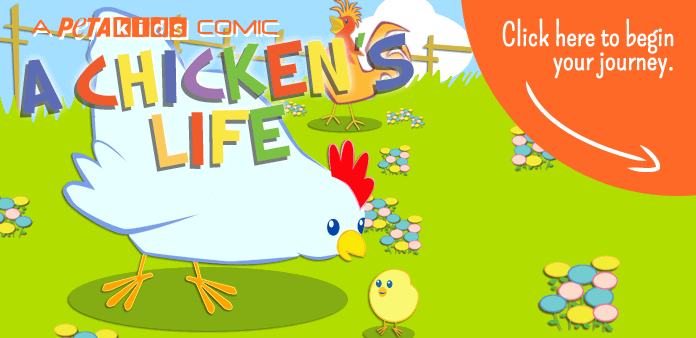Food
From kindergarten through high school, we help students see animals as individuals—not ingredients. In grades K–2, we focus on their needs and personalities (because once you know a chicken loves dust baths, you know that life in a cage is cruel). By grades 3–5, we start exploring real-world issues and human impact, and in grades 6–12, we spark critical thinking about society’s treatment of animals—helping students connect the dots and discover how they can make a difference.
Explore

Replacing Straws in the Classroom
Teach students about plastic straw litter and what can be done about it.
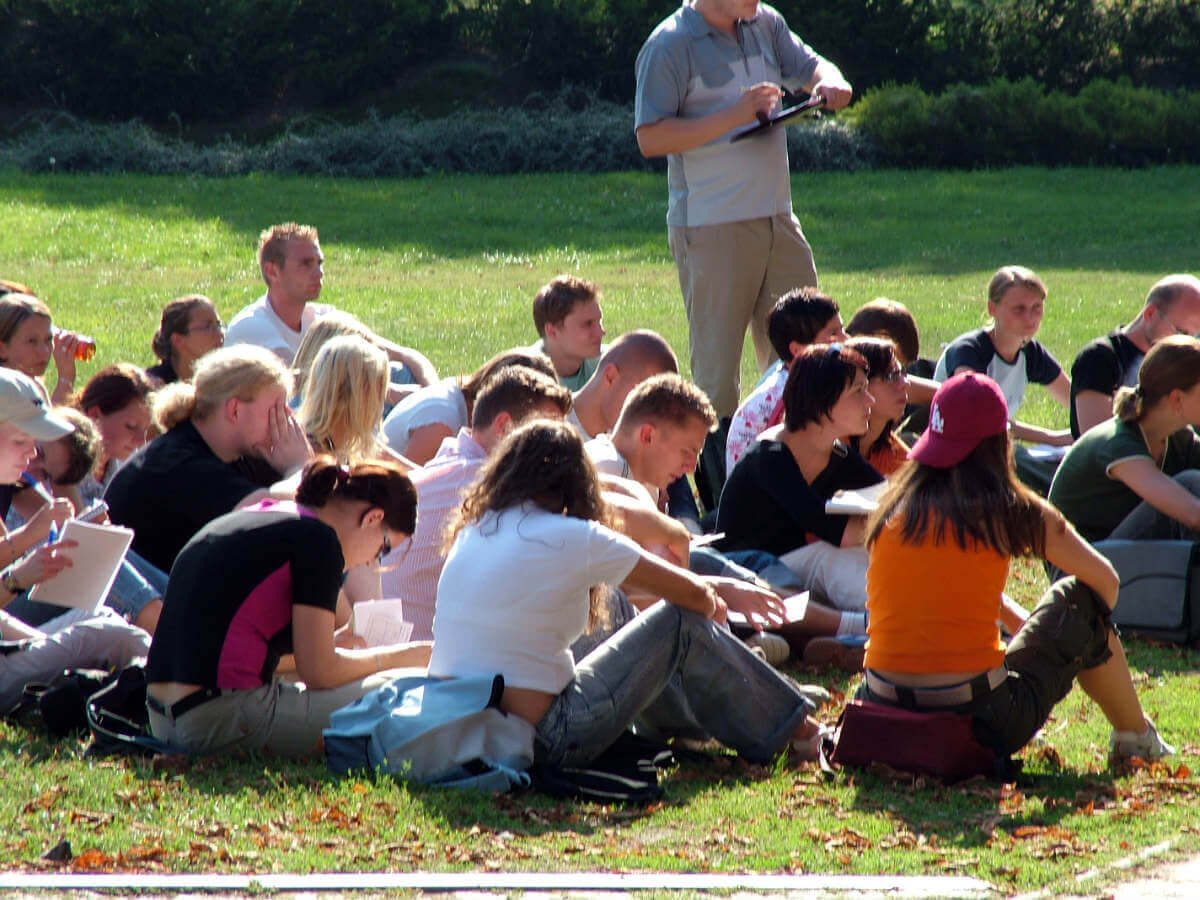
6 Ways for Summer School Teachers to Make a Difference
With these tips, you can make the summer as life-changing for your students as the rest of the year.
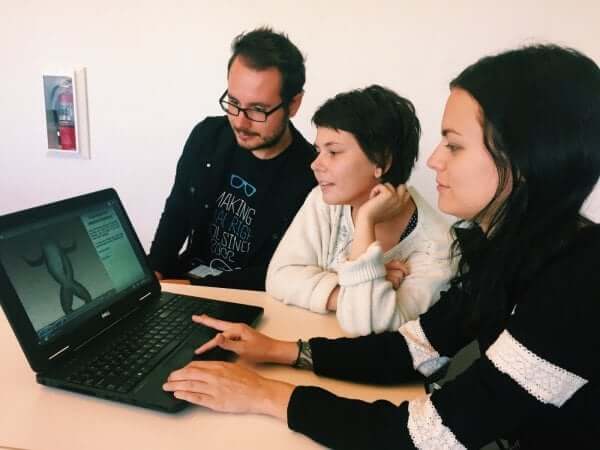
Lecciones y recursos de español — TeachKind
Una colección de recursos de TeachKind en español.

DIY: Make Vegan Ice Cream with Your Students
Set aside some time to make vegan ice cream with your students in the classroom.
What’s New
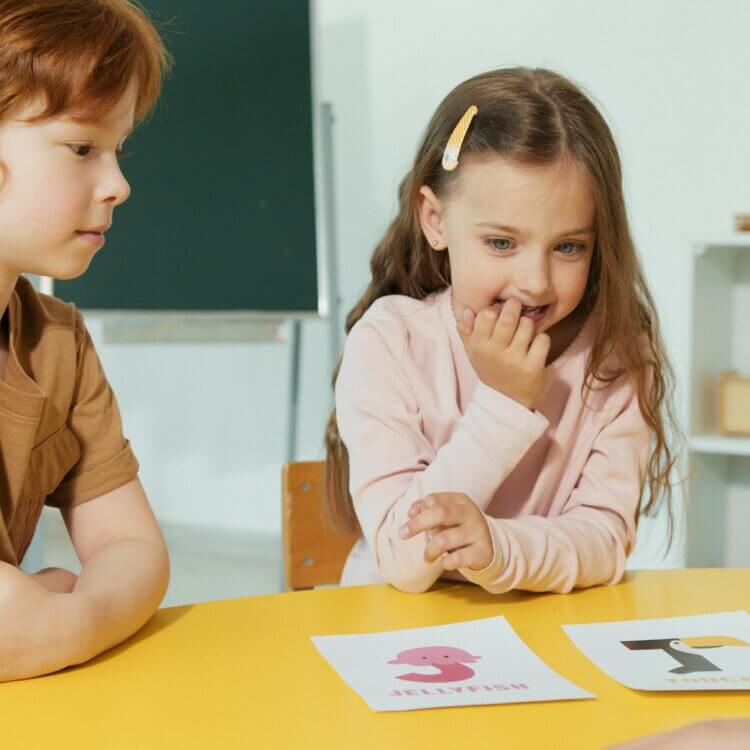
Turn Your Classroom into a Detective Agency for Animals
Transform your classroom with TeachKind’s Animal Detectives Day Room Transformation Kit. Spark students’ curiosity as they solve clues to rescue a mystery animal!

Let the Revolution Begin
These young people aren’t afraid to speak up when they see that something’s wrong.
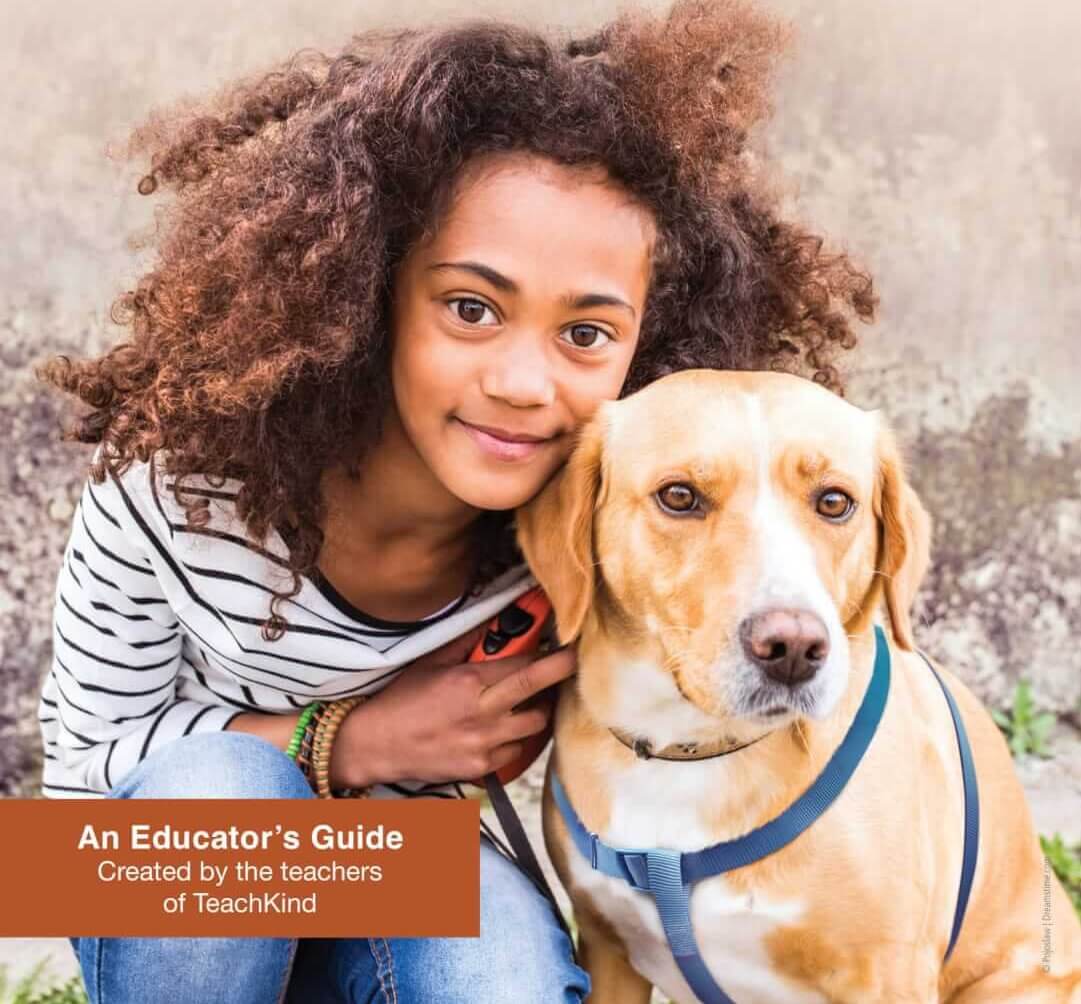
What Is Trauma-Informed Education?
These trauma-informed practices can help teachers provide their students with support as they navigate troubling events such as instances of animal abuse.

